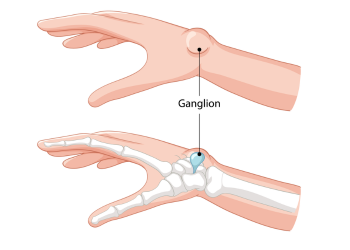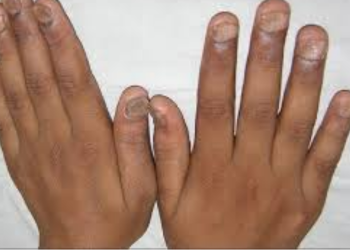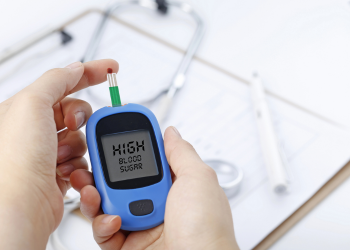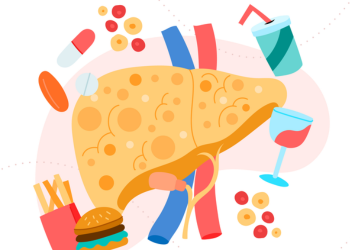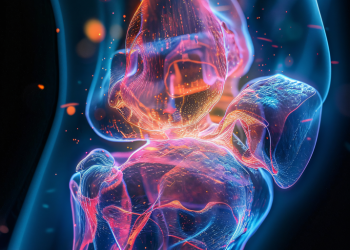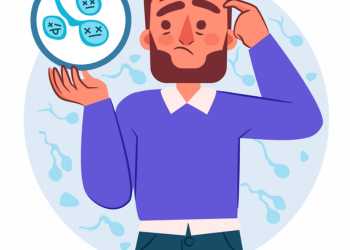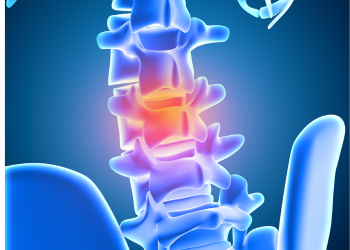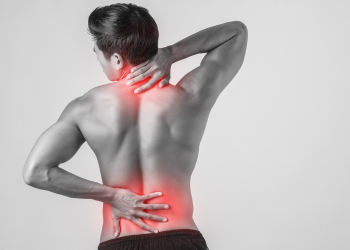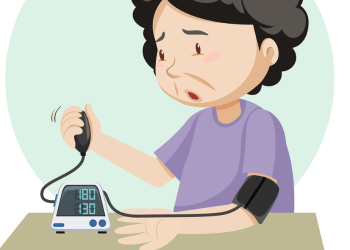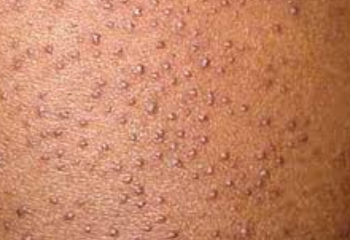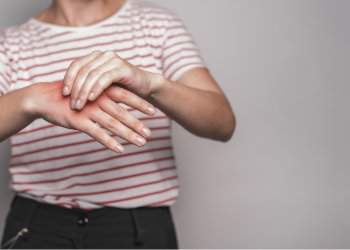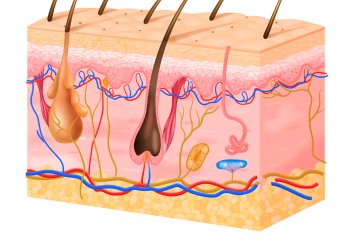
Pancreatitis is inflammation of the Pancreas.
Inflammation causes swelling and pain. If you have pancreatitis, it
might feel like stomach pain that spreads to your back. Homeopathy can treat
acute and chronic pancreatitis based on symptoms of presentation with good
results. Homeopathy offers a cure to the problem of chronic pancreatitis when
taken for a particular period of time
The pancreas is an organ
in the abdomen. It sits between the stomach and spine.
The pancreas is involved in digestion and regulating your blood sugar.
There are two types of
pancreatitis: acute and chronic.
Acute pancreatitis is a
temporary condition. It happens when your pancreas is attempting to recover
from a minor, short-term injury. Most people with acute pancreatitis will
recover completely in a few days with supportive care: rest, hydration, and
pain relief. However, a very severe case of acute pancreatitis can cause
serious health complications, some of them life-threatening.
Chronic pancreatitis is a
long-term, progressive condition. It doesn’t go away and gets worse over time.
It happens when the injury or damage to your pancreas never stops. Chronic
pancreatitis will eventually do lasting damage to your pancreas, although it
may take many years. Constant inflammation causes scarring of your pancreas
tissues, which stops them from making enzymes and hormones.
Symptoms and Causes
Nausea and vomiting.
Fast heart rate.
Fast, shallow breathing.
Fever.
Indigestion and pain
after eating.
Loss of appetite and weight loss.
Fatty poops
Light headedness.
Abdominal pain from pancreatitis may be moderate to severe and may radiate to the back.
Acute pancreatitis tends to be more severe, with a penetrating
quality. The abdomen may feel tender to the touch. With chronic pancreatitis,
the pain may vary in intensity. It may come and go, but it typically doesn’t go
away completely. For some people, the pain is constant.
Causes
Alcohol
Gall bladder
stones
Infections,
such as viruses.
Autoimmune disease
Inherited gene mutations (hereditary pancreatitis).
Complications
of cystic fibrosis.
High blood
triglyceride
High blood
calcium levels
Ischemia.
Cancer.
Traumatic
injury to your pancreas.
Certain
medications that irritate the pancreas.
Complications
Necrosis and
infection.
Pancreatic pseudocysts.
Chronic pancreatitisExocrine pancreatic insufficiency (EPI)
Hypoglycemia, hyperglycemia, and Type 1 diabetes
Chronic pain.
Increased risk
of pancreatic cancer
Diagnosis and
Tests
Glucose test.
Stool elastase
test (to see if your pancreas is making enough digestive enzymes).
Fecal fat
analysis (to test for excess fat in your poop, a sign of fat
malabsorption).
Blood tests (to
assess your nutritional status and whether you have enough fat-soluble vitamins
in your blood).
CT and MRI
Management
Parenteral nutrition In very severe cases, your doctors may elect to provide nutrition
through an intravenous line.
Lifestyle changes like quitting drinking alcohol and quitting smoking.
Maintaining a low-fat diet with plenty of fruits and vegetables,
and drinking plenty of water each day.
Supplements
HOMEOPATHIC
MEDICINES
Spongia
Merc sol
Kali iodide

